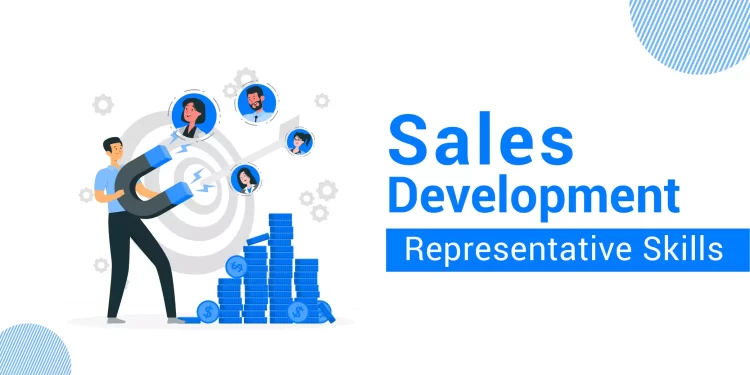The sales team plays an integral role in attracting prospects and increasing conversions.
An active and engaged team like this demands the services of committed professionals well-versed in identifying the target market, amplifying business opportunities, and efficient lead management in the sales pipeline.
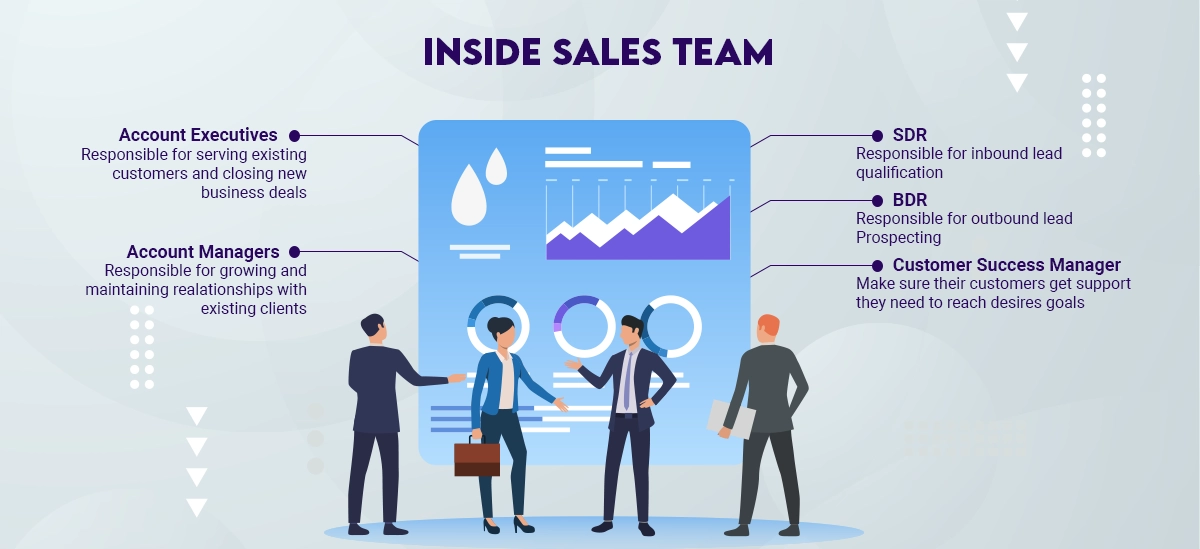
This alarming list of qualities might seem challenging, but an experienced and promising sales development representative (SDR) is synonymous with them. A qualified and skillful SDR provides immense support to the sales team and helps to achieve sales targets every fiscal year.
Given the nature of the role, there are specific skills that make for an effective SDR. Stay with us as we dive into the essentials of this role and highlight the top 10 sales development representative skills to assist you in choosing the perfect candidate.
Why is a Sales Development Representative Crucial?
A sales development representative is a sales team member who focuses on a specific part of the customer journey – prospecting. SDRs are tasked with qualifying and validating new leads and pushing them further into the sales funnel.
From there on, the task of convincing them to purchase falls upon the sales executives or salespersons.
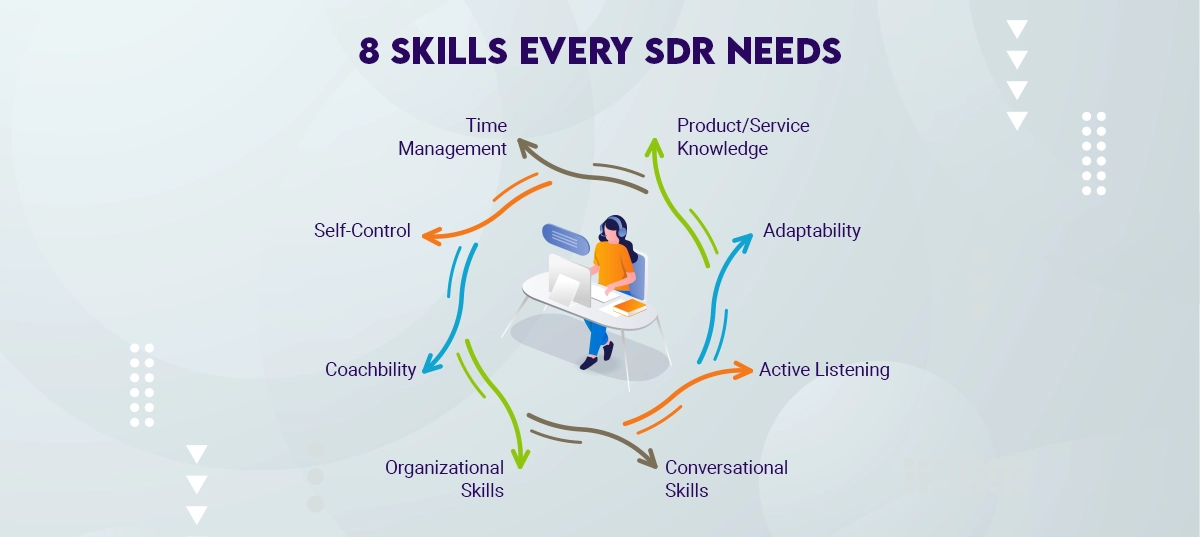
Think of it this way – SDRs initiate contact with prospects using several touchpoints and create awareness about your business. Their communication proficiency helps them advertise your business’ strengths and assures potential customers of your reliability.
SDRs are also comfortable with software from top CRM providers to streamline client relationships to ensure that sales executives do not waste time prospecting and connecting directly with qualified leads. The result is a verified and actionable group of prospects willing to make purchasing decisions and improve conversions for your business.
10 Skills to Look for in a Sales Development Representative
With sales development representatives having to interact with new customers, it is vital to ensure that your chosen candidate is comfortable with long hours of communication. Plus, they must express their ideas fluently and possess active listening skills to empathize with potential customers.
Effective communication is the baseline quality that dictates core competency for the role. Apart from employee experience and knowledge, here are the sales development representative skills to watch out for:
1. Social Selling
Did you know that sales teams relying on social selling achieve 40 – 50% better results than their counterparts?
Social selling is no longer a luxury. It is a mandate in the modern world where everyone is on social media, ranging from salaried individuals to business leaders.
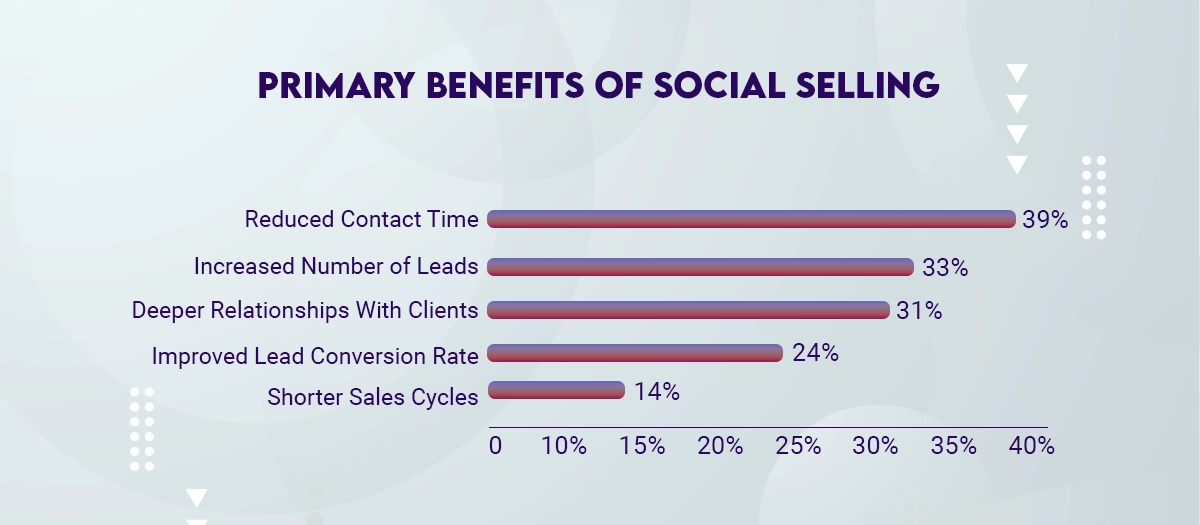
Dedicated professional platforms like LinkedIn have added context to business communications and made it easier to connect with prospective customers using a consolidated medium.
The prominence of social media platforms also means that your sales development representative must be equipped with the art of social selling. They should be proficient in building connections on these platforms by posting valuable content and interacting with the community.
2. Video Prospecting
Camera consciousness is a big no for an efficient sales development representative, mainly because video prospecting is a popular lead-generation tactic.
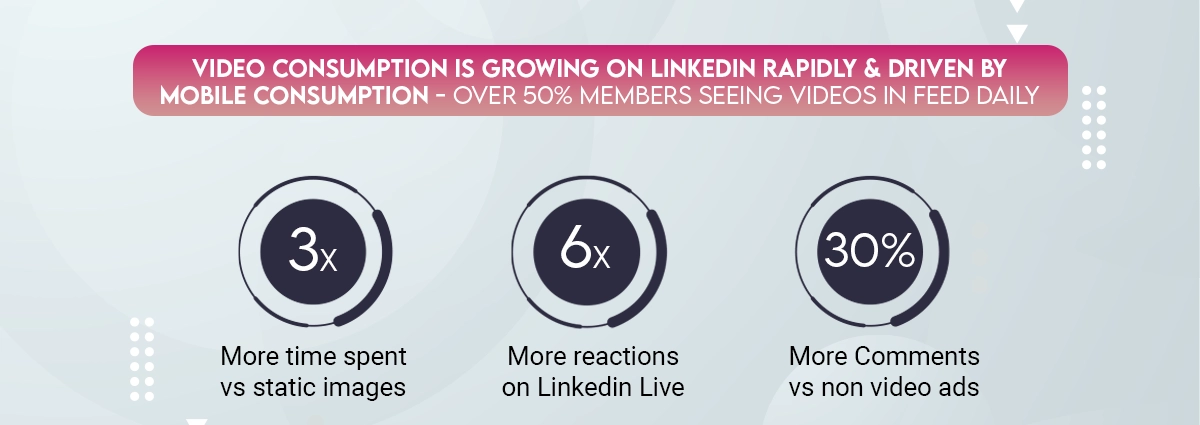
Through short and targeted videos, SDRs can achieve high levels of personalization while differentiating their cold emailing efforts from the competition. A skilled SDR is well-versed in the specifics of video prospecting, with a working knowledge of certain essentials, such as:
- A hook-line to engage the viewers
- The choice of lighting and background make for a seamless viewing experience
- The core message to entice prospects
- Conveying the information in an interactive manner
Video prospecting boosts your sales efforts, as echoed by 81% of businesses. They claim that videos have played an active role in increasing their sales.
3. Sound Judgement
Sales development representatives often find themselves in situations where they have to take a final call with respect to a prospect. In such cases, the final decision depends on their judgment and attracts or repels a prospective customer.
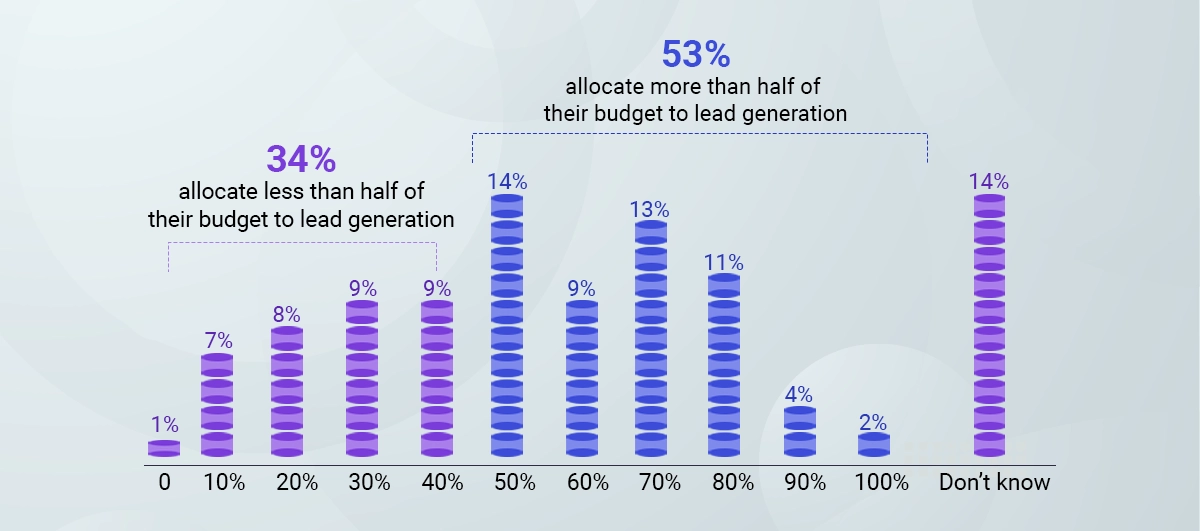
Judgment also plays a crucial factor in knowing when to stay and when to walk away. Here are some situations where it is wiser to save time and move on to other opportunities:
- If the prospect shows an apparent disinterest in your offerings after multiple attempts to convince them
- The business is already associated with a rival company
- Lack of a problem or situation that can be addressed by your products or services
Bowing out at the right time is the sign of a sharp SDR. For one, it does not consume company resources on uninterested prospects and gives your sales teams more time to engage interested customers.
4. Relationship Building
B2B relationship building is a gradual process that may take months. Hence, it requires dedicated efforts coupled with patience.
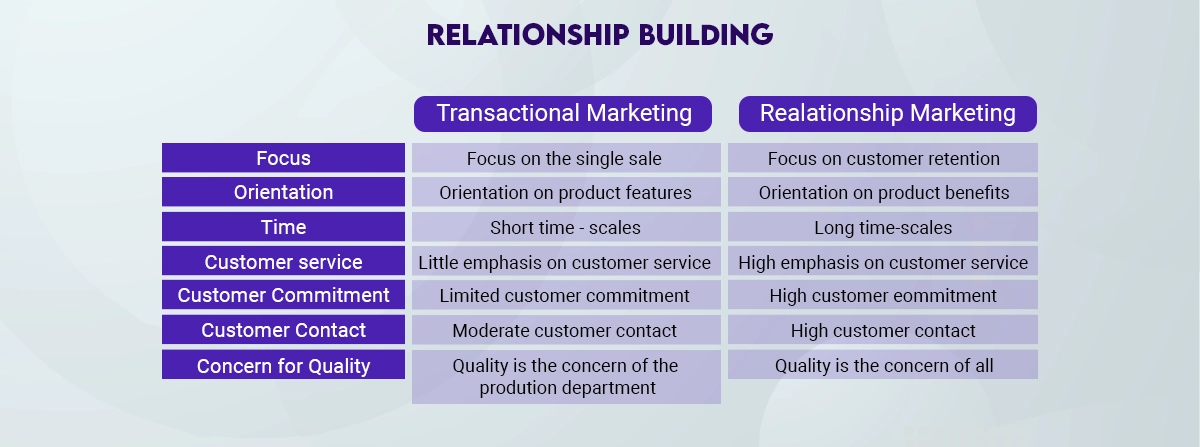
It is crucial that your main prospecting link, i.e., the SDR, is well-equipped to communicate with prospects over a wide variety of channels. They must possess a welcoming tone that motivates users to engage with them. Once trust is established, SDRs can focus on nurturing relationships through targeted emails and personalized promotional messages.
A strong SDR candidate will subconsciously earn your trust and convince you to interact with them. This integral quality helps them acquire receptive prospects who respond to engagement efforts and purchase your products or services periodically.
5. Flexibility and Endurance
Sales prospecting is a tough nut to track. Sometimes, completed deals may fall through, while other times, the user expectations will be different than anticipated. In such cases, the sales development professional must maintain their temperament and remain motivated to conduct further prospecting activities.
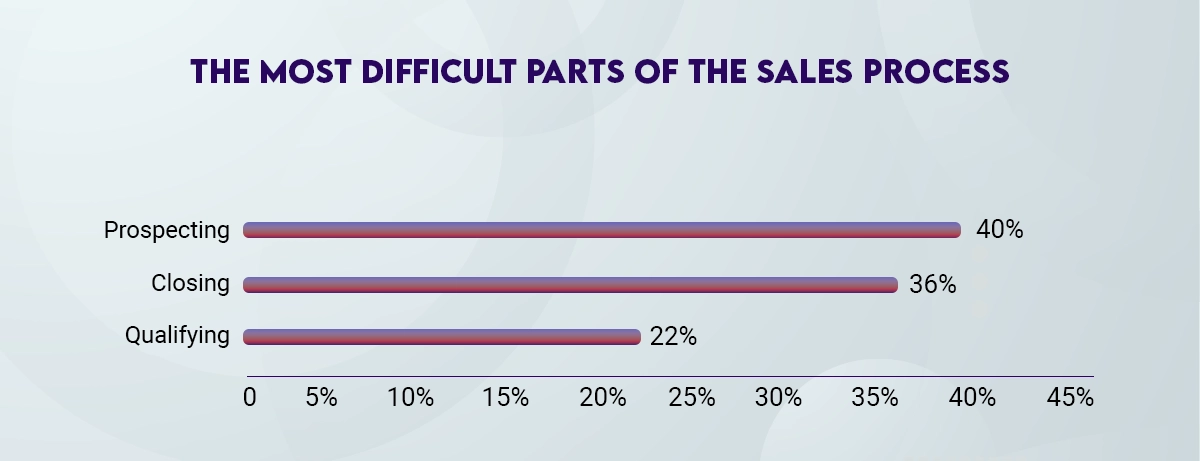
You might be surprised that around 98% of cold calls face rejection on first contact attempts are known to possess low success rates, and follow-ups produce better results unless the prospect is utterly disinterested in your product or service.
Hence, your sales development representative must be a professional who does not take these rejections personally. They must be willing to view them as learning experiences and adapt their prospecting approach to increase their chances of success.
6. Ability to Adapt
Usually, active listening and adaptability go hand-in-hand. The modern sales development representative has to be more aware of the requirements and grievances of prospective customers and adapt their pitches accordingly.
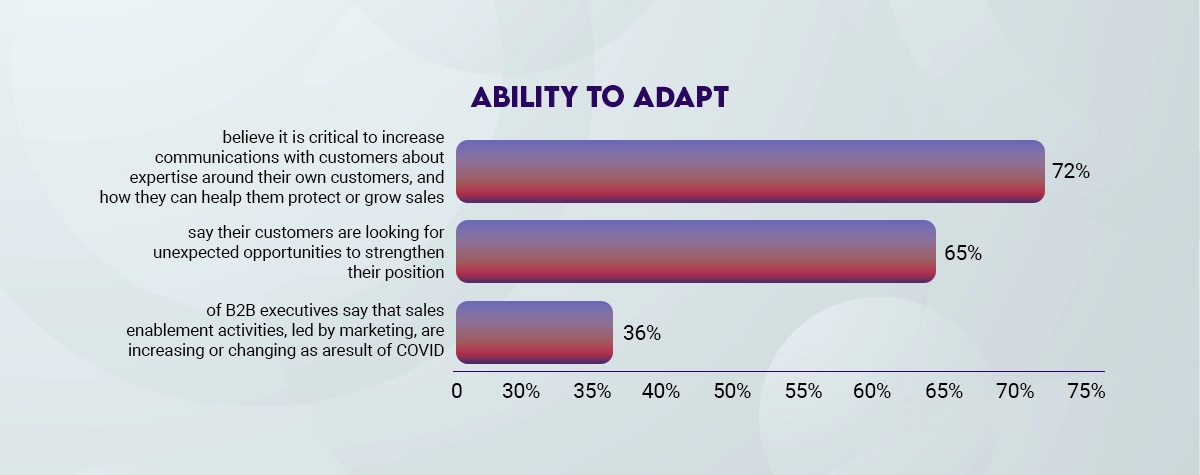
More often than not, potential clients might need certain assurances or talk about the problems they face with their current workflow. Here, the focus of an SDR should be on positioning your brand’s offerings in a way that caters to the user’s problems.
This information will prove helpful down the road and help design a better user experience.
7. Eagerness to Learn
Sales prospecting keeps evolving, and stagnancy is the enemy of progress. An overconfident and closed-off SDR will harm your business in the long run. If they are stoic and set in their strategies and methods, they will be reluctant to invite new inputs that can help them execute more impactful outreach campaigns.
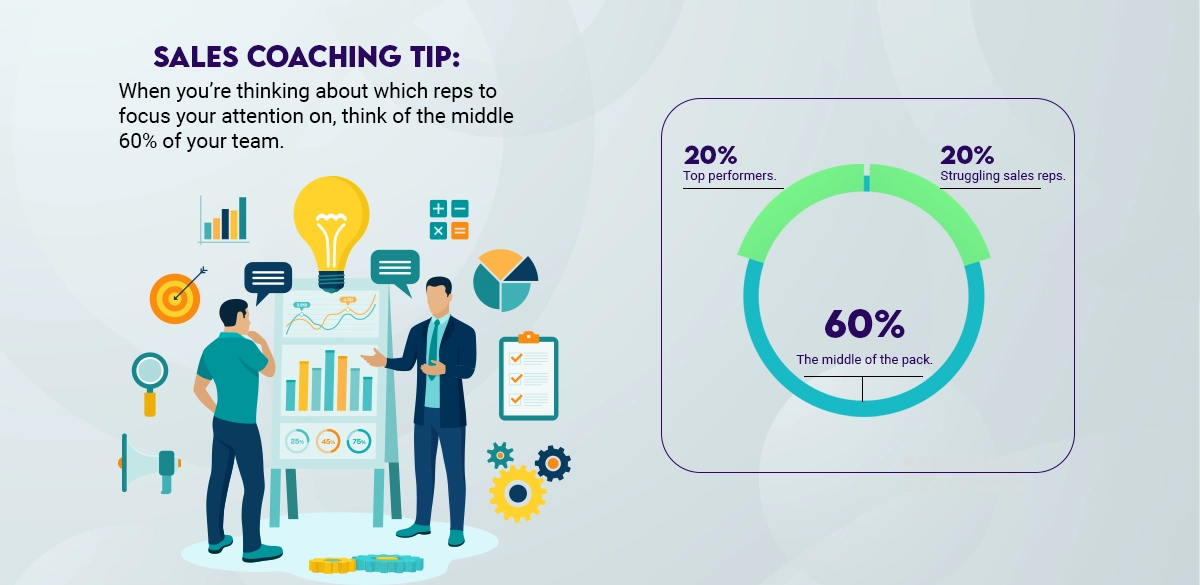
Plus, the executive must always be ready to learn and expand their horizons. They must proactively consult experienced peers and seek out additional avenues to upgrade their knowledge and skills.
8. Ability to Conduct Customized Outreach Efforts
Did you know emails with personalized subject lines are 26% more likely to be opened than their counterparts?
Personalization plays a defining role in the market as prospects avail of a seamless brand experience.
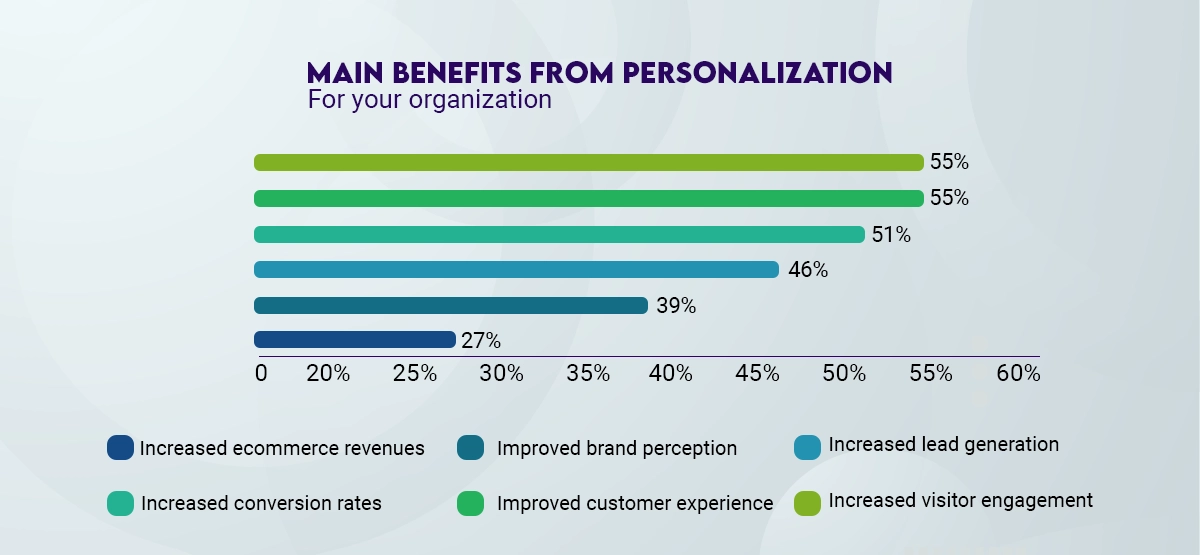
No longer can you send mass emails without accounting for the preferences of each prospect. The closest you can achieve is mass personalization according to common characteristics after you divide prospects into different groups.
With the omnipresence of personalization, SDRs need to have sufficient knowledge of creating and executing customized outreach campaigns. Tailoring the subject lines and contents of emails will be more impactful and convince users to open them and see what your brand is offering.
9. Empathetic Demeanour
Businesses often skip over the fact that decision-makers are human as well. This means they will not respond well to robotic pitches or scripted outreach efforts that do not feel authentic.
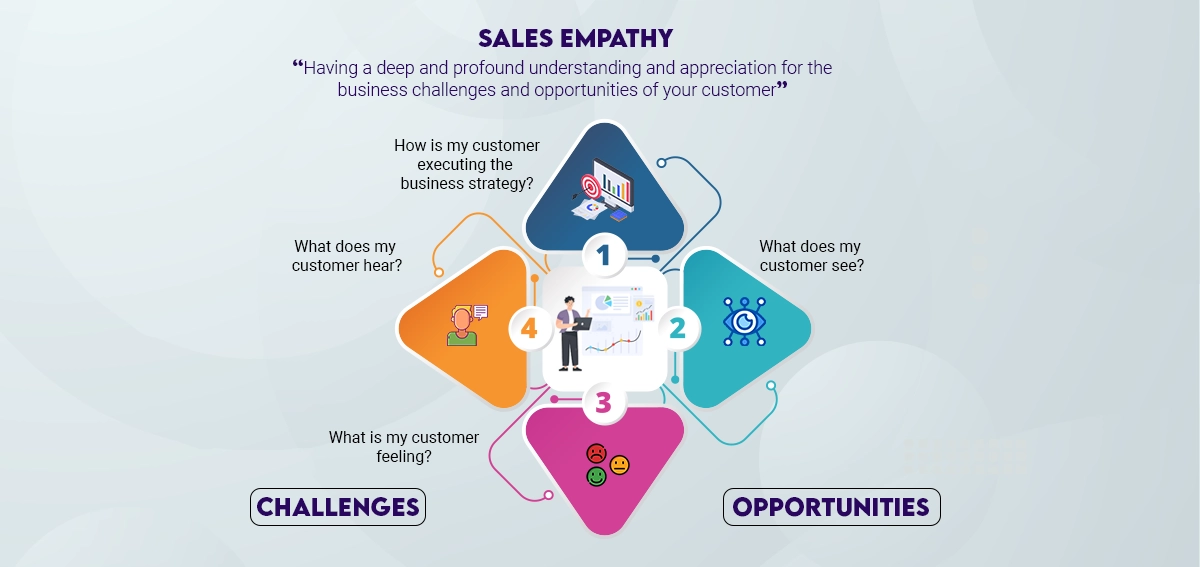
Hence, your sales development representative must possess empathy to assure potential customers and listen to their concerns. Empathy goes a long way and differentiates your businesses from competitors who treat lead generation as an impersonal process and lose out on promising prospects.
10. Organization
Ultimately, sales development executives have many responsibilities, ranging from initiating contact through calls and emails to attending different meetings. But every task differs in magnitude.
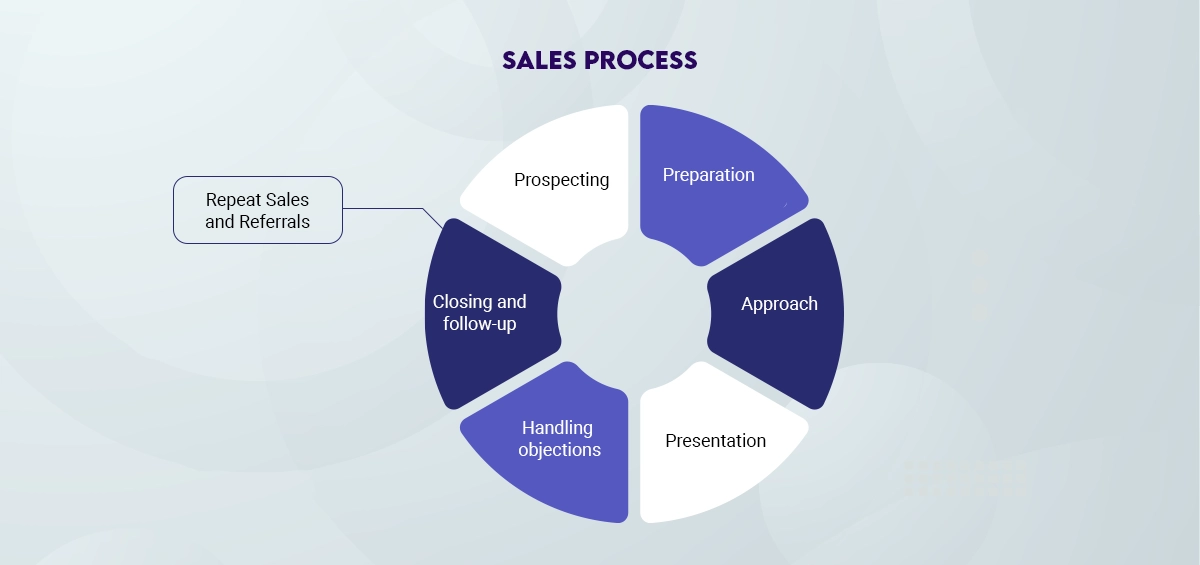
An efficient SDR should be able to prioritize urgent tasks and create a schedule to tackle them first. Organizing will help eliminate the workload and help them stick to deadlines, leading to a smoother and more efficient workflow.
Final Thoughts
Merely having numerous technical skills is not the mark of an efficient sales development representative. The best SDRs have a mix of emotional depth and soft skills that help them connect better with prospective customers and build lasting relationships to benefit your business.
Some of the core sales development representative skills include social selling, adaptation, active listening, sound judgment, and comfort with video prospecting.
Sales prospecting is an ever-changing field that witnesses constant alterations according to customer behaviour and sentiments.
As sales development executives grow more comfortable in their role, they will be able to leverage industry trends to craft impactful outreach methods.
Gracie Johnson is a Senior Content Writer at MyTechMag. She is an enthusiastic learner and loves to explore all the areas of technology.


